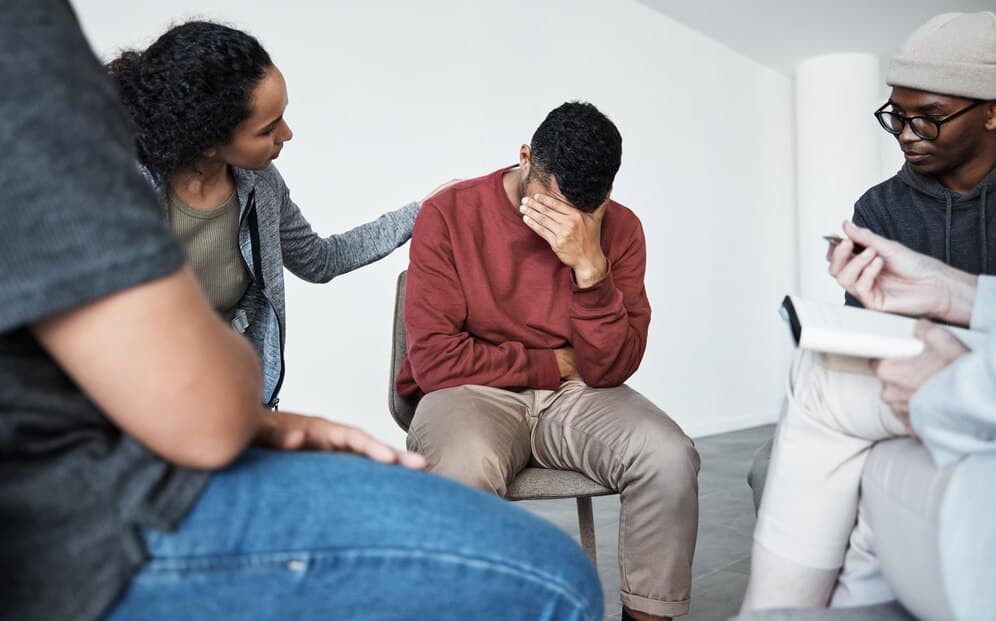Depression is one of the most common mental health conditions affecting people today, yet it remains deeply personal and often misunderstood. For those struggling, one of the first questions that comes up is: Can therapy alone treat depression? The short answer? Sometimes yes—but the full picture is more nuanced.
Understanding the role of therapy in depression treatment helps individuals and families make better-informed decisions about the right care path. If you're considering depression therapy in Irvine, here's what you need to know about how therapy works, when it’s effective alone, and when other treatments might be needed.
What Therapy Can Do for Depression
Therapy, also known as psychotherapy or talk therapy, provides a safe space to explore emotions, patterns of thinking, and behaviors that contribute to depression. It helps people develop coping skills, gain insight into the root causes of their emotional pain, and reframe how they relate to themselves and others.
Several types of therapy have proven effective for depression, including:
- Cognitive Behavioral Therapy (CBT): Helps individuals challenge negative thought patterns and replace them with more balanced thinking.
- Interpersonal Therapy (IPT): Focuses on improving relationships and communication, especially where conflict or loss is contributing to depression.
- Psychodynamic Therapy: Explores unresolved past issues and emotional conflicts that may be fueling current symptoms.
- Mindfulness-Based Therapies: Teach techniques for staying present and reducing rumination—often helpful for those with recurrent or chronic depression.
For many people, these approaches offer deep relief and lasting change. In mild to moderate cases, therapy alone may be enough to significantly reduce symptoms or even lead to full remission.
When Therapy Alone May Be Enough
Therapy is particularly effective on its own when:
- Depression is mild or situational (e.g., related to grief, stress, or life transitions)
- The individual is highly motivated and engaged in the therapeutic process
- There's a strong and trusting relationship between the therapist and client
- There are no co-occurring conditions like severe anxiety, trauma, or substance use disorders
In these scenarios, therapy can offer not just symptom relief but personal growth, stronger emotional resilience, and healthier relationships moving forward.
But What If Therapy Isn’t Enough?
There are times when therapy alone may not be sufficient, especially in moderate to severe depression or when symptoms are persistent despite consistent therapy. Common signs that therapy may need to be supplemented include:
- Little or no progress after several months of treatment=
- Difficulty engaging in therapy due to fatigue or mental fog
- Suicidal thoughts or behaviors
- Coexisting conditions such as PTSD, panic disorder, or bipolar disorder
In such cases, therapists often recommend combining therapy with medication or exploring alternative treatment approaches.
Combining Therapy with Other Options
Antidepressant medication is one commonly recommended complement to therapy. Medications like SSRIs (Selective Serotonin Reuptake Inhibitors) can help correct chemical imbalances in the brain and make therapy more effective by reducing symptom severity.
In recent years, ketamine therapy has emerged as a promising treatment for individuals who haven’t responded well to traditional medications. Known for its rapid-acting relief in some cases, ketamine offers new hope for people with treatment-resistant depression.
Clinics offering depression therapy in Irvine are increasingly collaborating with medical providers to explore comprehensive care plans. Renew Ketamine Infusion, for example, is one of several providers in the area supporting integrated approaches that include both talk therapy and alternative treatments when appropriate.
Finding the Right Approach in Irvine
Every person’s experience with depression is different, and so is their path to healing. That’s why treatment in Irvine—and across Orange County—is becoming more individualized. Whether someone starts with therapy, medication, or both, the goal remains the same: to find what works and build a life worth living.
Local therapists often take a holistic view of mental health, working collaboratively with clients to develop personalized plans. Some may incorporate lifestyle changes like exercise, nutrition, and sleep hygiene into the treatment process. Others partner with wellness professionals or psychiatric providers to coordinate care.
Access to a variety of services in the region makes it easier for residents to adjust their treatment plans as needed, without having to start over with new providers.
What to Ask When Seeking Therapy
If you're considering therapy for yourself or someone you care about, ask potential providers questions like:
- What type of therapy do you use for depression?
- How do you determine when therapy alone is sufficient?
- Do you collaborate with psychiatrists or other medical providers if needed?
- What’s your experience working with young adults, professionals, or families?
These conversations can help you find a therapist who feels like the right fit—and ensure you’re working with someone who supports your unique journey.
Final Thoughts
Therapy can be a powerful and transformative tool for healing from depression. In many cases, it offers enough support on its own. But in other situations, combining therapy with medication or newer approaches like ketamine may provide the extra help needed to move forward.
What matters most is not choosing the “perfect” path right away, but being open to finding what truly works. If you're exploring depression therapy in Irvine, know that you're not alone—and that multiple options are available to support your recovery at every stage.





Comments